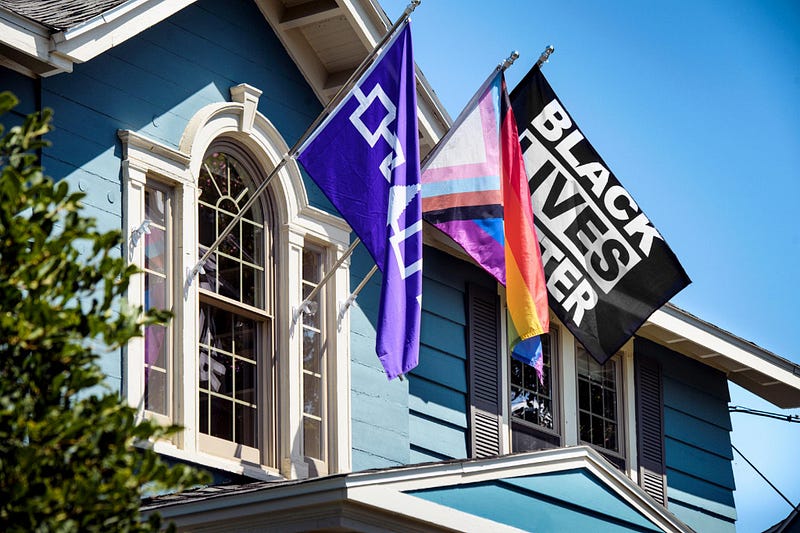
On Sept. 24, students admissions workers voted in favor of unionization. After numerous concerns with the Office of Admissions related to the denial to raise hourly wages, payment to workers via gift cards and their plan to restart in-person tours during the pandemic, frustrated students filed to join a union with the National Labor Relations Board (NLRB). The majority of student admissions workers who came out to vote voted in favor of this bill, leading the way for other student employment groups on campus to also file for a union via the NLRB. Both student employees from the Days-Massolo Center (DMC) and Residential Life followed suit in the following months and organized in an effort to unionize.
Amidst the admissions workers vote to unionize, other student employment groups began discussions about unionizing within their own employment groups. Ivy Wheeler ’22, a worker at the Days-Massolo Center, said that several of her student co-workers approached her about whether she would support a DMC effort to unionize before they actually filed with the NLRB. According to Wheeler, unionization appealed to many DMC workers, especially since they saw a decrease in working hours due to the pandemic and a growing student worker staff.
While many admissions workers sought to unionize as a result of alleged unfair treatment by their employer, Wheeler, during the process of organizing with the DMC, said, “a lot of the students we talked to didn’t experience mistreatment in the workplace, and respect their supervisor a lot.” Although many workers may be a part of a healthy work environment, Wheeler spoke to the importance of unionization no matter what the conditions are, as unionization “means equalizing the dynamic between employers and employees; giving yourself leverage and putting yourself in a better position to advocate for yourself and others.”
In terms of what DMC student employees hope to see in joining a union, Wheeler spoke to greater student involvement in decision-making. Despite the collaborative work environment of the DMC, Wheeler believes the “unionization would sort of institutionalize that collaboration on a broader level.” From her perspective, the main issue of the decrease of worker hours was that students were not involved in the conversation about decisions about their changing working conditions. She suggests that the voices of DMC workers in that situation would have been much likely to have been heard if they had the backing of a union.
On Dec. 13, student workers from both the DMC and Residential Life are scheduled to vote on unionization, although Wheeler warned that the Hamilton administration has been working to postpone this election by deeming these groups of students as not actual workers. More information is pending as the voting date grows closer.

















